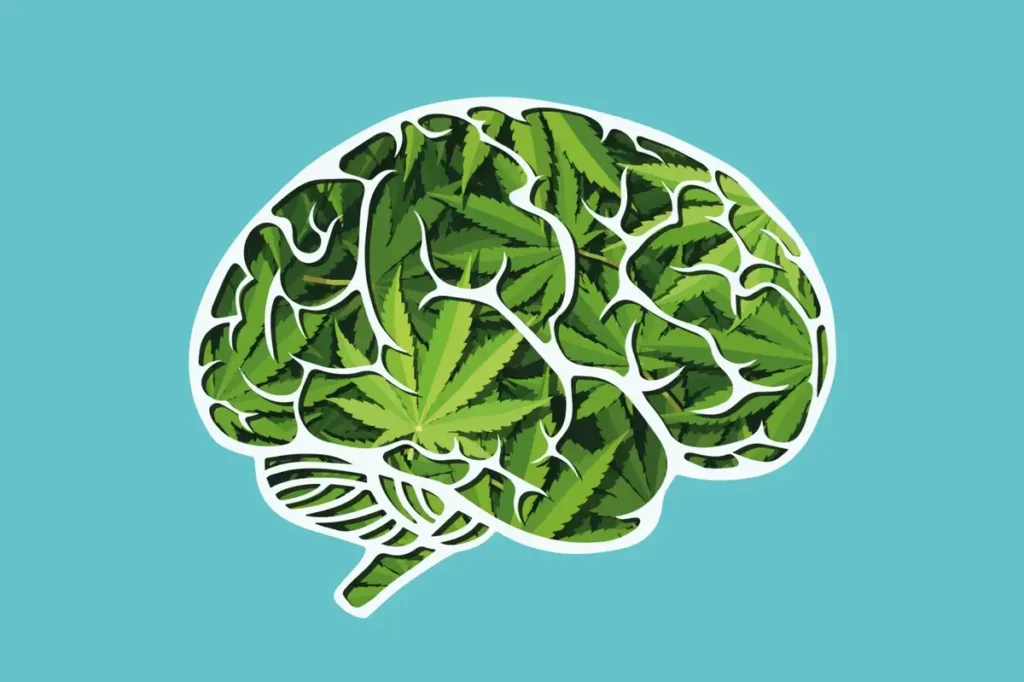Cannabis, also known as marijuana, is one of the most widely used psychoactive substances globally. With the growing acceptance and legalization of cannabis in many parts of the world, it is crucial to examine its potential effects on mental health. One area of concern is the link between excessive cannabis consumption and schizophrenia, a chronic mental disorder characterized by distorted thoughts, emotions, and perceptions.
Numerous studies have explored the relationship between cannabis use and the development of schizophrenia. While the exact mechanisms are still not fully understood, there is evidence to suggest that heavy or prolonged cannabis use, especially during adolescence, may increase the risk of developing schizophrenia or other psychotic disorders later in life.
A study published in JAMA Psychiatry in 2019 analyzed data from over 23,000 individuals and found that daily cannabis use was associated with a higher risk of developing schizophrenia compared to those who had never used cannabis. The study also highlighted that the risk was dose-dependent, meaning that the more frequently and heavily cannabis was used, the greater the risk of developing schizophrenia became.
Another study published in the British Journal of Psychiatry in 2018 examined the association between cannabis use and the onset of schizophrenia in a sample of over 10,000 participants. The findings suggested that heavy cannabis use, especially in adolescence, was associated with an earlier onset of schizophrenia symptoms. The study indicated that individuals who used cannabis before the age of 15 had a higher likelihood of developing schizophrenia earlier in life than those who started using cannabis later or never used it.
It is important to note that while these studies suggest a potential link between excessive cannabis consumption and schizophrenia, they do not establish a direct cause-and-effect relationship. Other factors, such as genetic predisposition, family history of mental illness, and environmental influences, may also contribute to the development of schizophrenia.
The psychoactive compound in cannabis, delta-9-tetrahydrocannabinol (THC), is believed to play a role in the association with schizophrenia. THC acts on the brain’s cannabinoid receptors, which are involved in various cognitive and emotional processes. Excessive cannabis use, particularly strains high in THC, may disrupt the delicate balance of neurotransmitters in the brain, potentially triggering psychotic symptoms in susceptible individuals.
It is worth mentioning that not everyone who uses cannabis excessively will develop schizophrenia or other psychotic disorders. The link between cannabis and schizophrenia is complex, and individual susceptibility varies. However, it is crucial to be aware of the potential risks, especially for individuals with a family history of schizophrenia or other mental health conditions.
Further research is needed to fully understand the underlying mechanisms and the magnitude of the association between excessive cannabis consumption and schizophrenia. As cannabis legalization continues to expand, it is essential to prioritize public education and awareness regarding responsible cannabis use and potential mental health implications.
In conclusion, while the relationship between excessive cannabis consumption and schizophrenia is still being explored, evidence suggests that heavy or prolonged cannabis use, particularly during adolescence, may increase the risk of developing schizophrenia or other psychotic disorders. It is important for individuals to be informed about the potential risks associated with cannabis use and to make responsible decisions based on their own health and circumstances.
Sources:
- JAMA Psychiatry: Association Between Daily Cannabis Use and Risk of Psychosis
- British Journal of Psychiatry: Association Between Cannabis Use and the Age at Onset of Schizophrenia











